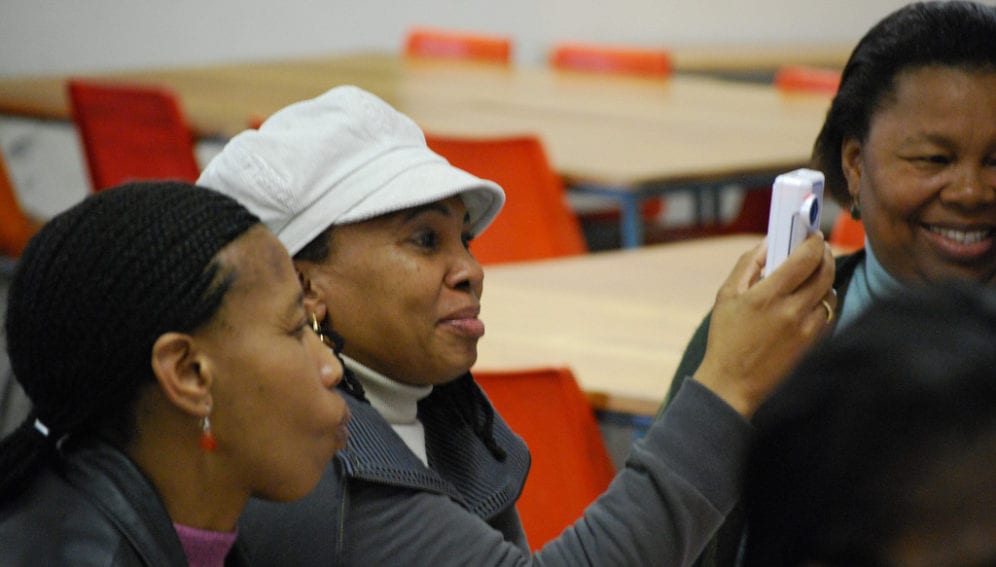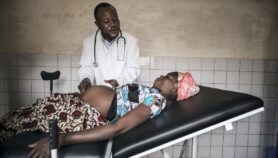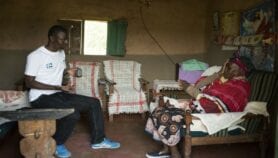Send to a friend
The details you provide on this page will not be used to send unsolicited email, and will not be sold to a 3rd party. See privacy policy.
[NAIROBI] Women and children in Africa could soon benefit from improved access to health care and nutrition through mobile phones that allow quick messages to be sent to medical practitioners, technology experts say.
Digital security firm Gemalto announced last month (15 July) in Amsterdam, the Netherlands, that it has partnered the Pan-Africa mHealth Initiative (PAMI), a project that aims to tackle maternal, child health and nutrition problems in Sub-Saharan Africa.
The France-headquartered Gemalto says it will complement GSMA — an association that represents mobile operators worldwide — and other partners to provide technology that will enable mHealth services to be delivered to users through its advanced SmartMessage interactive messaging solution, dynamic server and services platforms.
“As the world is becoming ever more digital and wireless, we are thrilled to see our solutions being used to support a noble social cause with this initiative.”
Philippe Vallée, Gemalto
The digital firm adds that it aims to provide nutritional and health advice through mobile phones to help improve relationship between patients and health providers.
“As the world is becoming ever more digital and wireless, we are thrilled to see our solutions being used to support a noble social cause with this initiative,” says Gemalto’s chief operating officer Philippe Vallée, in a release.
According to Vallée, Gemalto’s SmartMessage solution enhances the interactive short message service (SMS) on handsets, including feature phones, which have music and internet features, but lack the advanced capabilities of smartphone. Because most people use feature phones in Africa, this type of technology could make a real difference if implemented, he adds.
Operators and mHealth providers will be able to deliver new mHealth content and services that can be reorganised in real time based on user preferences, Vallée explains.
“mHealth will connect its services to vulnerable groups across the region, sending precious health care tips and recommendations by interactive SMS,” Vallée tells SciDev.Net.
The handset menus will enable diagnostics, data collection and surveillance, health financing and health surveys to be launched on a national scale through mobile phones, gathering precious information from the field, while enabling governments and health care providers to make appropriate decisions, he adds.
According to the release, 11 countries in Sub-Saharan Africa will benefit from the initiative, citing Côte d'Ivoire, Ghana, Nigeria, Rwanda, South Africa, Uganda and Zambia as those where the first phase will be launched in September 2014. The firm plans to launch the second phase in Kenya, Malawi, Mozambique and Tanzania in early 2015.
Emmanuel Kweyu, operations director, iLabAfrica at Strathmore University in Nairobi, Kenya, says: “This initiative will be instrumental in improving health care in Africa. However, there is need to be meticulous on its technical operations with the various challenges that are experienced with mobile phone technology”.
Mobile networks fluctuate in different areas, Kweyu says, adding that it is a challenge mHealth will face, especially in rural areas.
This article has been produced by SciDev.Net's Sub-Saharan Africa desk.














